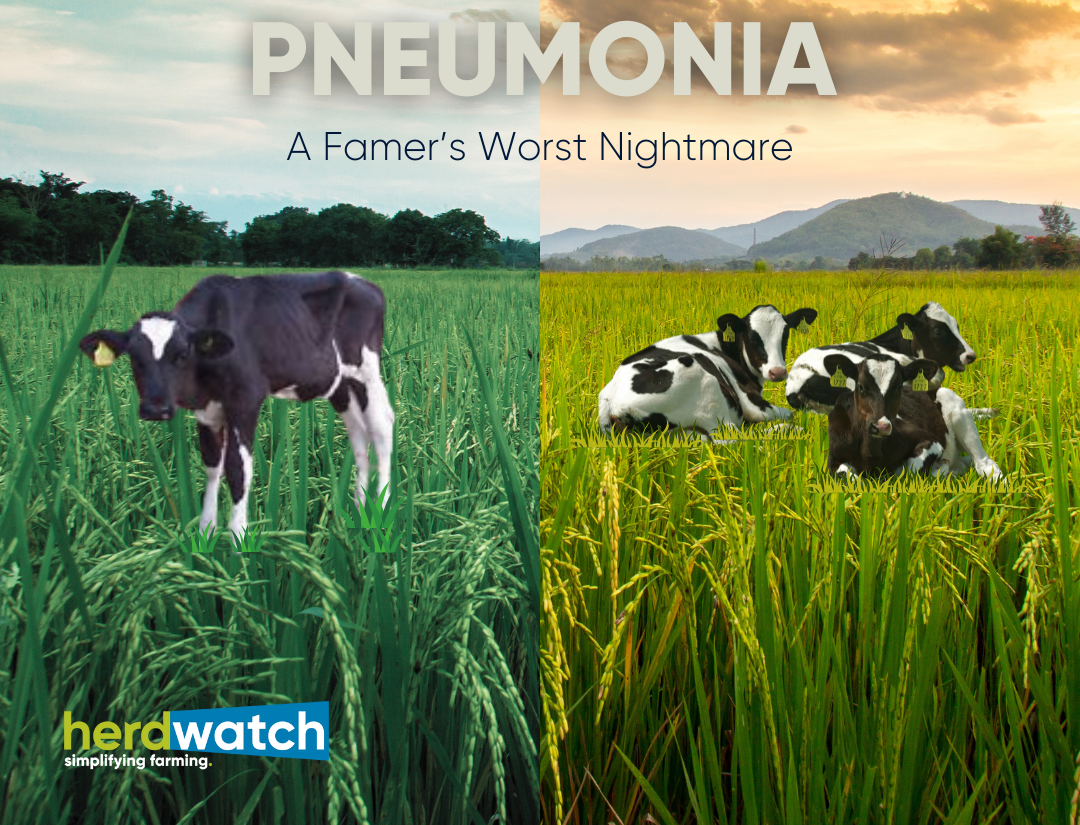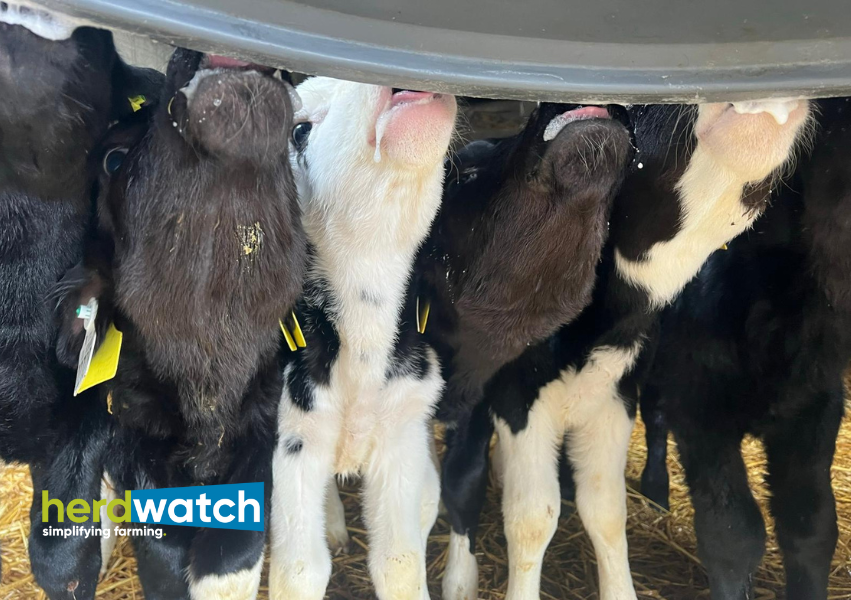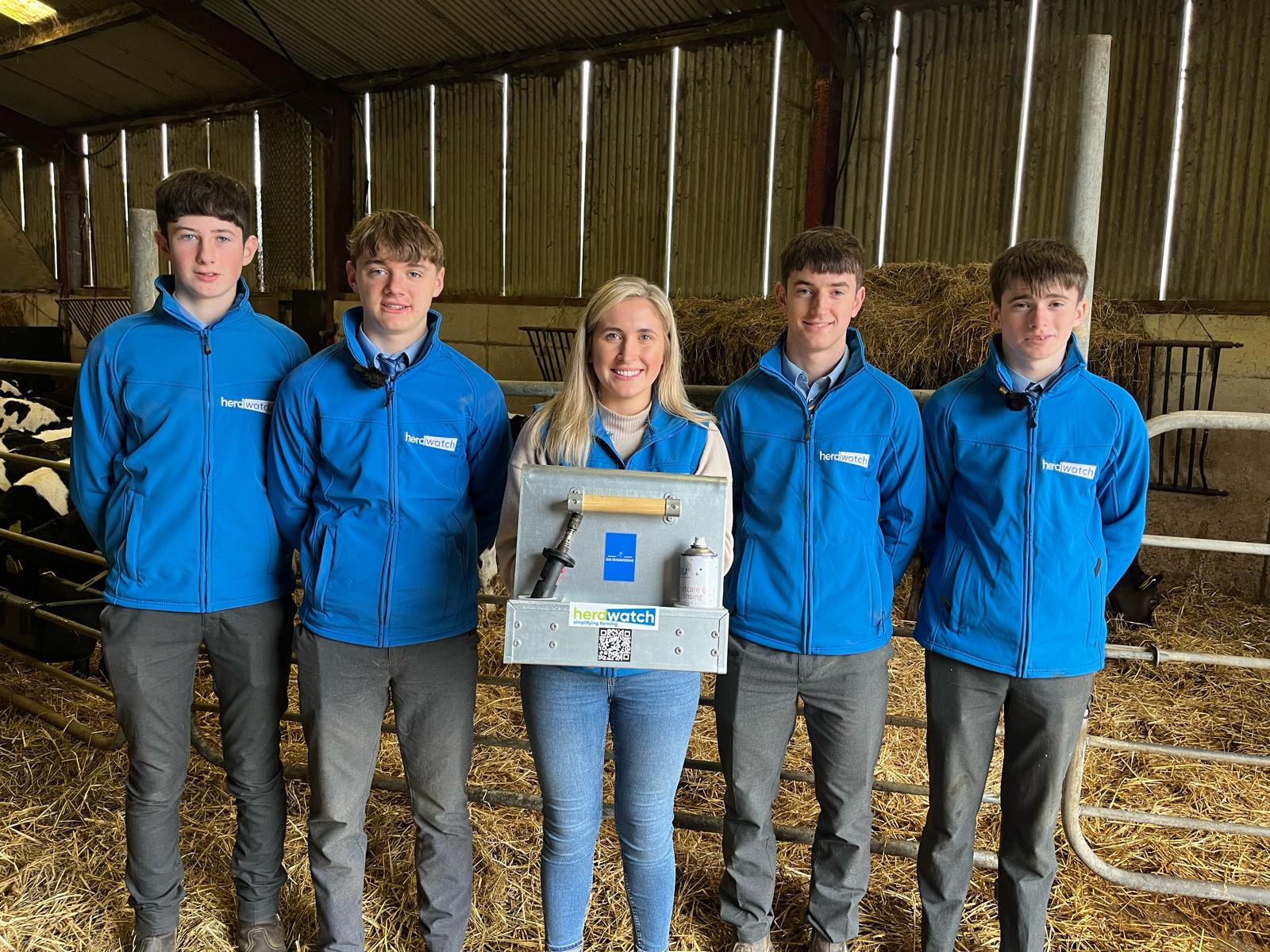Schmallenberg Virus on the rise in the UK
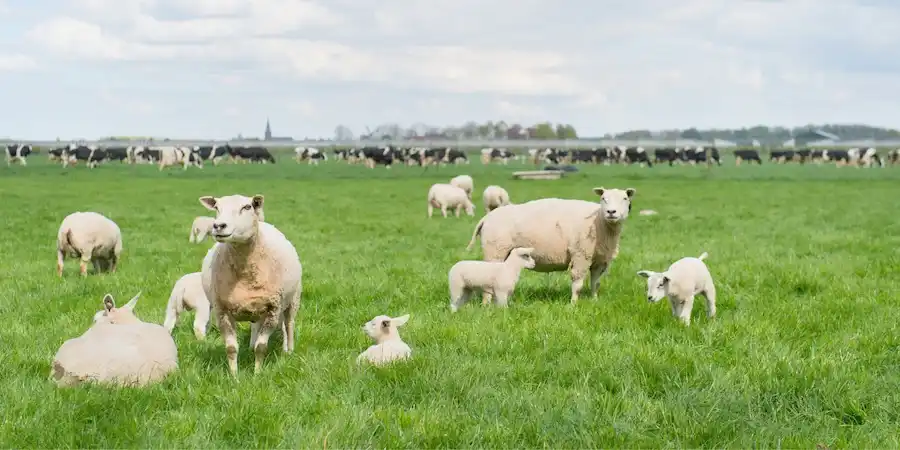
Schmallenberg Virus (SBV) is an insect borne viral disease, particularly affecting ruminants like cattle, sheep, and goats. The virus spreads rapidly through bites from infected midges. In the UK, the majority of reported cases have been in stillborn lambs. The virus causes late abortion and birth defects in cattle, sheep, and goats.
Early indicators of SBV in adult cattle include fever, reduced milk production, or diarrhoea. Unfortunately, it is more difficult to identify infection in sheep, and it will likely go unknown until the birth or abortion of an affected lamb. Unlike some other diseases, SBV typically does not spread from animal to animal without the intervention of midges.
Once animals have been exposed to the disease, studies have shown that they appear to have developed immunity and will not become re-infected. The biggest impact of SBV occurs when a pregnant animal becomes infected, the disease crosses the placenta and affects the developing foetus, this leads to birth abnormalities and abortions.
Unfortunately, there is currently no vaccine available commercially in the UK. Vaccines were developed and made available from 2015 to 2017 when there was a major outbreak of SBV, however they have not yet been reintroduced (as of February 2024).
Schmallenberg is not a notifiable disease in the UK, however it is recommended to inform your vet as soon as you suspect infection. Importantly, there is no public health risk associated with the virus, and there are no restrictions placed on a farm where the disease is present. Milk and meat from infected animals remain safe for consumption.
Confirmed cases of SBV have been increasing across the UK since Autumn of 2023. From December 1st 2023 to January 16th 2024, there was a total of 63 cases confirmed by the Animal and Plant Health Agency (APHA), with the majority involving stillborn lambs.
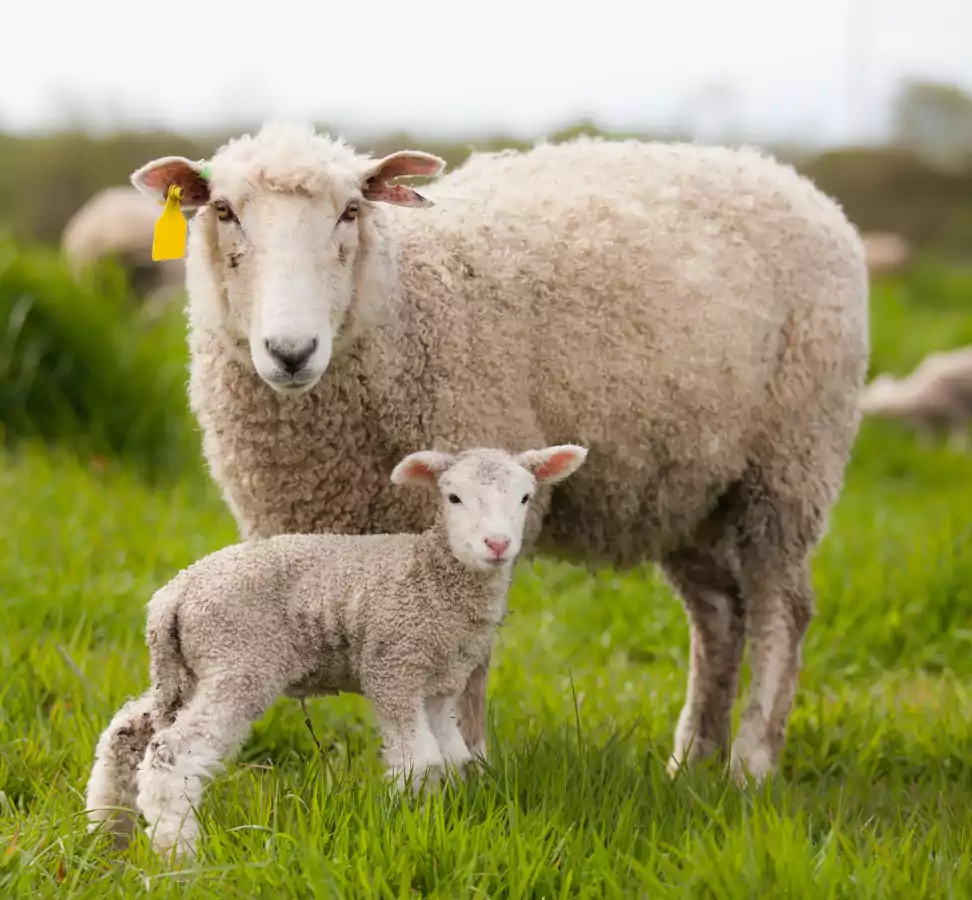
Most of these cases have been concentrated in South England and Wales. As of 16th January, affected areas include Carmarthenshire, Ceredigion, Cornwall, Devon, Dorset, Gloucestershire, Hampshire, Hereford, Isle of Wight, Kent, Leicestershire, Oxfordshire, Pembrokeshire, Shropshire, Somerset, Warwickshire, and Worcestershire.
Prevention and Control of Schmallenberg
- Adjust Mating Dates: Consider moving mating dates to later in the season to reduce the risk of foetal abnormalities and abortions. Midge activity peaks in late summer/early autumn when the temperature is higher. Disease transmission is typically lower during winter when midges are less active.
- Reduce Midge Exposure: Where possible, reduce animal exposure to midges during peak activity periods. This may be difficult to achieve, however using insecticides, and maintaining a clean environment for housed animals which will minimise midge reproduction, can help reduce the risk of infection. Ensure compliance with withdrawal periods if using insecticides.
- Serology Screening: Blood samples can be sent for a serology screening to identify if the herd/flock have previously been exposed to the SBV and to identify if they have immunity to the virus.
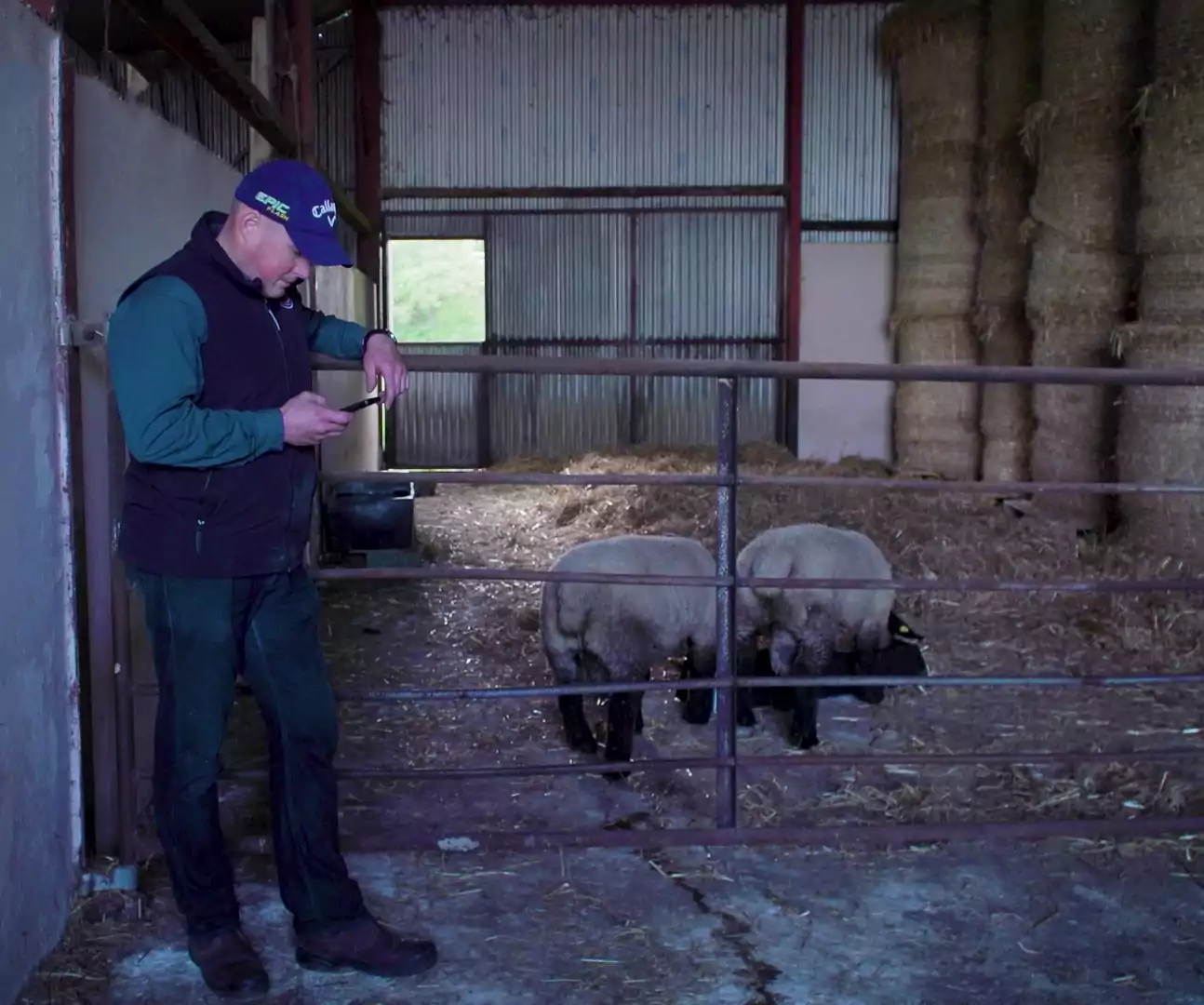
The APHA are currently offering a free testing service on samples from lambs and calves that were born with congenital malformations or musculoskeletal deformities. This free service can be arranged through your local Veterinary Investigation Centre.
Stay on top of the lambing and calving season this Spring
Record lamb and calf births in seconds on Herdwatch, the No. 1 Farm Management App across the UK and Ireland. Join the 21,000 farmers saving up to 3 hours per week on paperwork.


